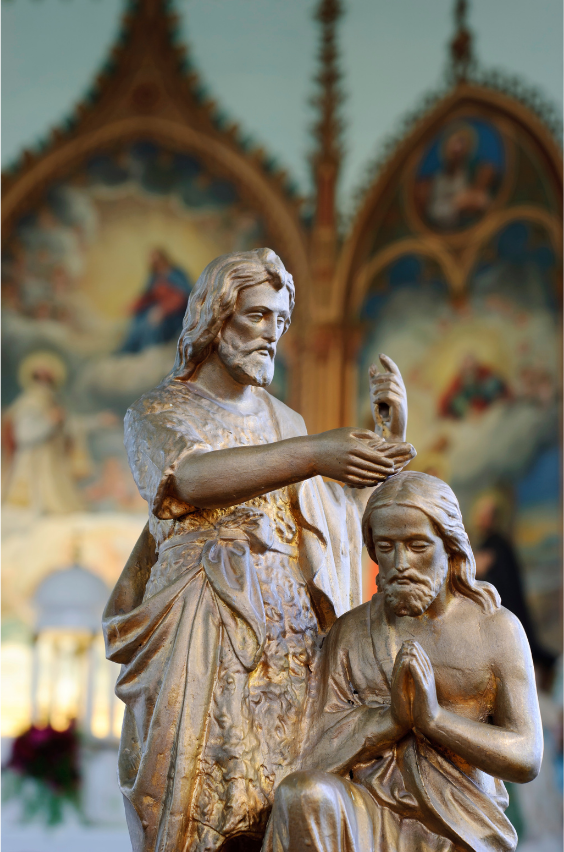
A catechumen is a person who desires to receive the sacrament of the Baptism and prepares himself to do it in the best way. He is instructed in the faith, listening to and reflecting on the word of God.
In this way, the Catechumen begins to walk the path to be united to Christ and the Church through faith and the sacraments.
From the beginning, the name catechumen was applied to those who had not yet been initiated into the sacraments, but were preparing themselves for that purpose.
In the time of the apostles it was simple in character. After completing this stage of preparation and testing, their names were enrolled among those competent to receive baptism and other sacraments.
It would not be until the second and third centuries of the Christian era that the Church would configure the Catechumenate as an institution with more defined characteristics, considering clearly differentiated stages or times.
After the fall of the Western empire, around the 5th century, the catechumenate was only the preparation prior to baptism. In fact, most of those baptized were already babies because they were born directly into Christian families.
At the present time an adult who has not received the sacraments as a child and must prepare for them is called a catechumen. It is based on the fact that the acceptance of being a Christian implies knowing and believing the doctrine of the church, preparing the individual intellectually and morally.
The process of conversion of a catechumen is called catechumenate.

"Ask a man, Are you a Christian? He answers, 'No,' if he is a heathen or a Jew. But if he says 'Yes,' you ask again, Are you a catechumen or a faithful one?" St. Augustine, In Joan, xliv, 2, P.L., XXXV, 1714.
It refers to the time during which the catechumen was prepared to receive baptism. Thus, the catechumenate is an institution of the Church at the service of the Christian initiation of newly converted adults who are preparing to receive Baptism.
The Catechism of the Catholic Church defines Christian Initiation, as follows "participation in the divine nature". This is achieved by receiving the three sacraments of Christian initiation: baptism, which is the beginning of new life; confirmation, which is its strengthening; and the Eucharist, which nourishes the person with the Body and Blood of Christ in order to be transformed into him.
The Church welcomes, accompanies and teaches to follow the action of the Holy Spirit. The catechumenate is developed in four stages that are united through the rites: the entrance, the catechumenate, the election of the person and the celebration of the sacraments.
With these stages, the Adult Catechumenate offers a progressive initiation of the catechumens into the community of the faithful. Through this process, The whole community considers together with them the value of the life and teachings of Jesus, especially his Passion, Death and Resurrection, along with renewing conversion and missionary discipleship.
Catechumens are "those who, moved by the Holy Spirit, explicitly ask to be incorporated into the Church, and who by this very desire, as well as by the life of faith, hope and charity which they lead, are united to the Church, which already welcomes them as her own.""
Code of Canon Law
The adult catechumenate in dioceses is contained in the guidelines of the diocesan delegation which outline the necessary steps for candidates to receive the sacraments..
These guidelines indicate some differences between adults and children.
Adults are received and registered as candidates in the parish. They are prepared through the catechumenate, estimated in two courses. Catechumens receive the rites of preparation on the first Sunday of Lent by the Bishop in the Cathedral.